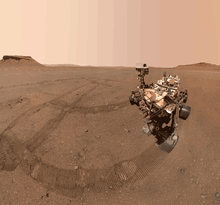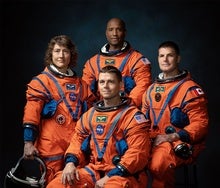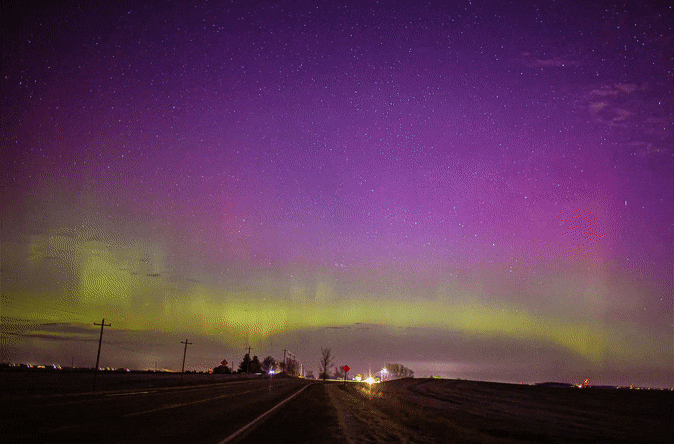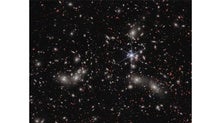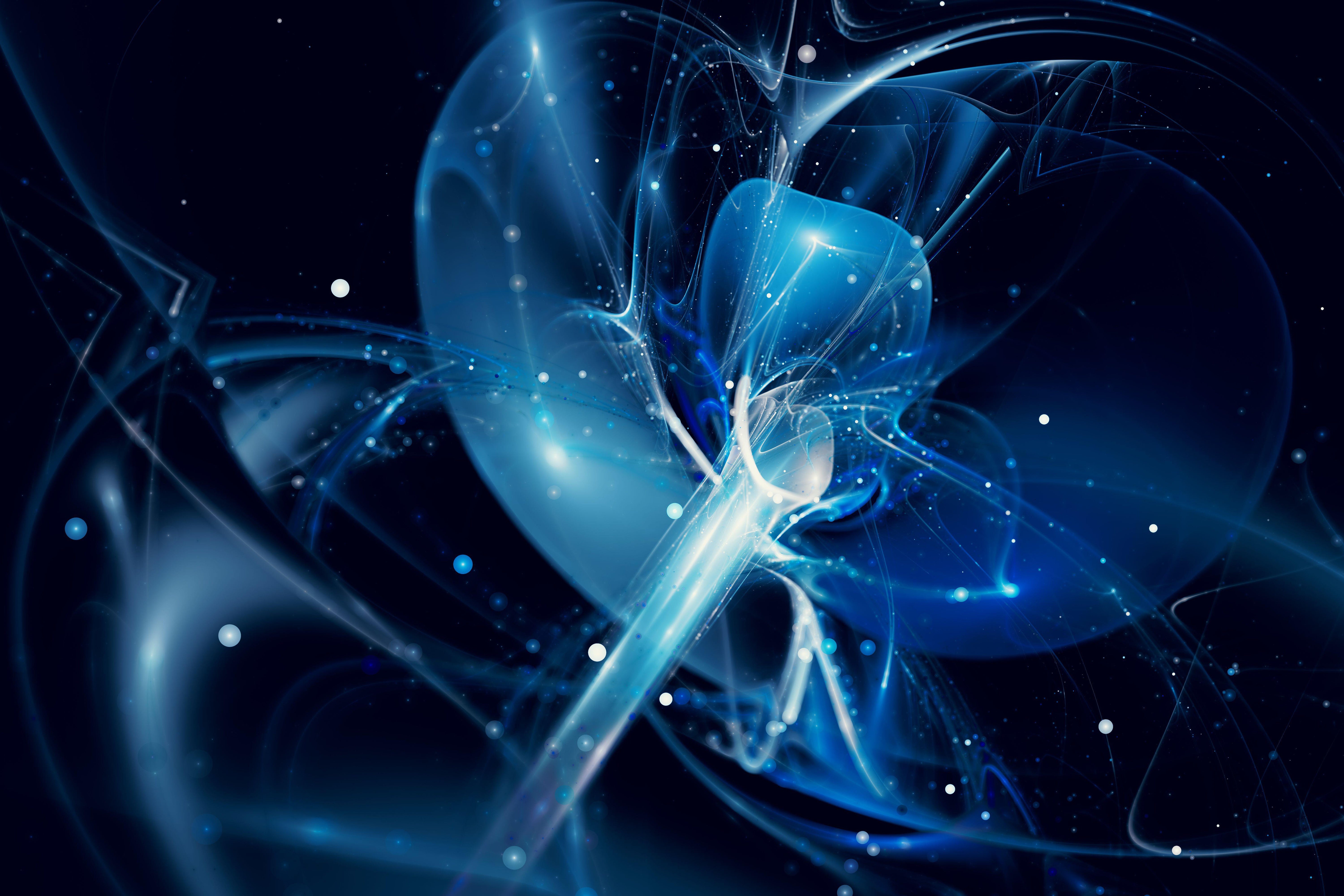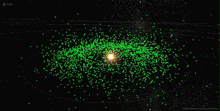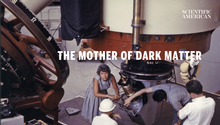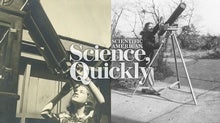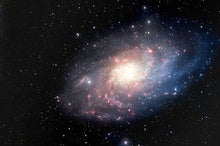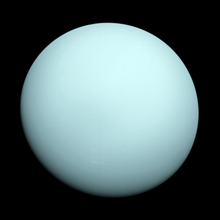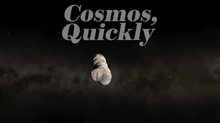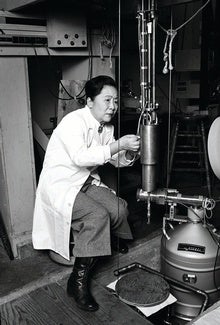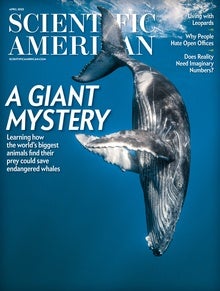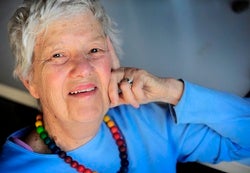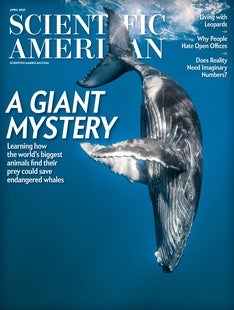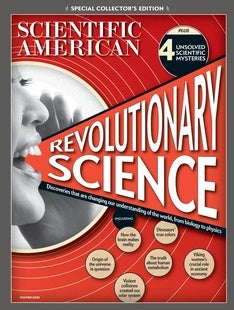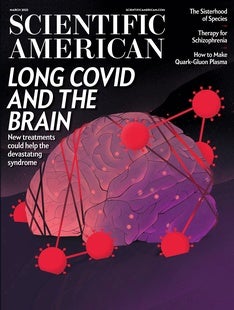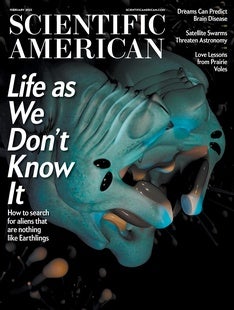 |
| April 06, 2023 |
This week, we’re pondering the mysteries of life. But not the timeless enigmas of why grass is always greener on the other side of fences, why a dropped slice of toast seems to always land butter-side down, or why dentists like to ask you questions while they have their hands in your mouth. No, we’re pondering a deeper mystery: What is life, and how can we know it when we see it? Our lead story discusses the past, present, and future of the nascent field of “artificial life,” a disparate collection of approaches centered around studying life by seeking to create it. Can scientists actually make life from scratch—or is this just wishful thinking? Elsewhere this week, we have stories about NASA’s next moon astronauts, the Perseverance Mars rover’s progress in gathering samples for eventual return to Earth, a bizarre breakthrough in quantum tunneling, the legacy of the pioneering astronomer Vera Rubin, and much more. Enjoy! |
| | Lee Billings, Senior Editor, Space & Physics | |
 |
| |
| |
| |
| |
| |
| |
| |
| |
| Astronomy Cosmos, Quickly: Remembering the Genius of Vera Rubin Vera Rubin went from a teenager with a cardboard telescope to the “mother of dark matter.” Some of her colleagues and mentees weigh in on her fascinating life and how she was a champion for women in astronomy. |  | By Tulika Bose,Clara Moskowitz,Jeffery DelViscio | 10:42 | | | |
| |
| |
| Astronomy Science Has New Ideas about 'Oumuamua's Weirdness Our first known interstellar visitor is now long gone, but new research has some ideas about why it moved the way it did while it was in our cosmic neighborhood. |  | By Lee Billings,Meghan Bartels,Jeffery DelViscio | 04:55 | | | |
| |
| |
FROM THE STORE
 | | | |
| |
FROM THE ARCHIVE
 | | | |
LATEST ISSUES
 |
| |
| Questions? Comments?  | |
| Download the Scientific American App |
| |
| |



